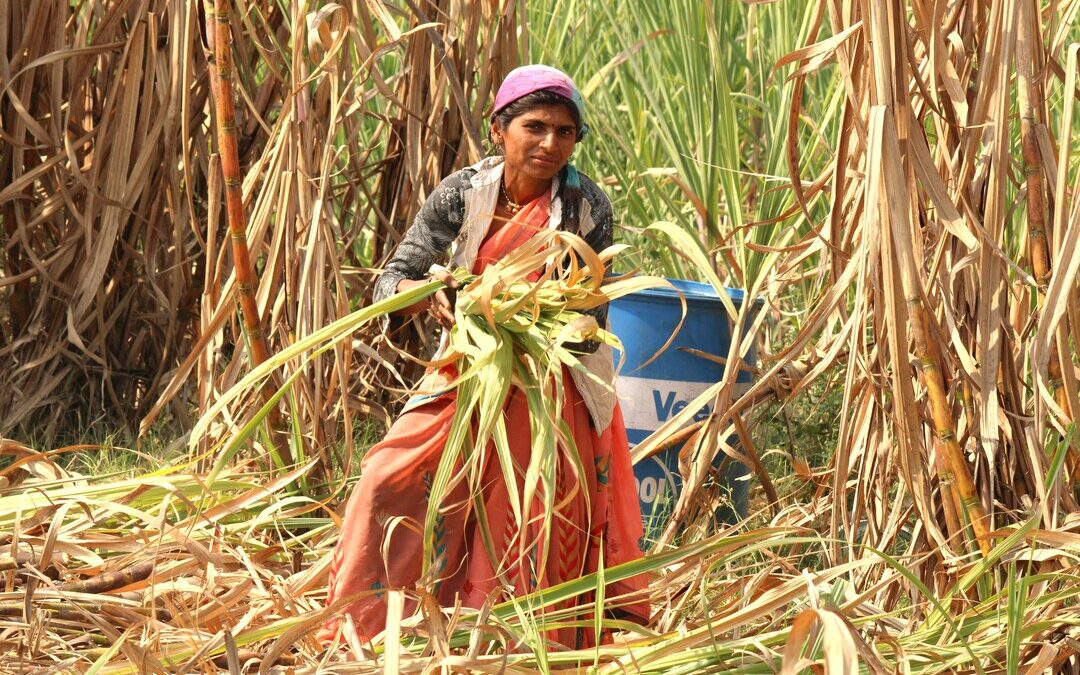Marathwada Sugarcane Profits Mask Rising Environmental Threats: Study
Sugarcane profits surge in drought-hit Marathwada as study warns of looming environmental and sustainability risks.
Sugarcane farmers in Maharashtra’s drought-prone Marathwada region are reaping solid short-term profits but face long-term threats from poor environmental practices, according to new research using an UN-backed sustainability assessment.
The study, published in “Sustainable Futures,” applied the Food and Agriculture Organization’s Sustainability Assessment of Food and Agriculture Systems framework to 39 farms in the Jayakwadi Dam command area.
It found high scores for profitability at 85 percent, liquidity at 74 percent and safety nets at 77 percent, but alarmingly low marks for water pollution prevention at 23 percent, hazardous pesticide use at 15 percent and land conservation at 20 percent.
Economic Resilience Outweighs Environmental Integrity
Lead author Rahul Haribhau Wadghane said the findings show an imbalance in the “triple bottom line” of people, planet and profit.
“Current economic success appears to be achieved at the expense of natural capital,” he said, warning that soil degradation, water scarcity and biodiversity loss will eventually erode farm incomes.
Marathwada, which accounts for about a quarter of Maharashtra’s sugarcane acreage, suffered severe droughts in 2014–15 and 2015–16 but continues to grow the water-intensive crop due to assured irrigation from the Jayakwadi Dam.
While farmers scored well on mission clarity at 85 percent and sustainability planning at 72 percent, participation in cooperatives or local decision-making was only 18 percent.
Wadghane said this low engagement hinders the adoption of sustainable practices such as drip irrigation, vermicomposting and crop diversification.
Policy and Technology Gaps Block Sustainability Gains
The authors urged targeted interventions, including promoting low-cost soil and water testing, expanding access to credit and creating digital rental platforms for farm equipment.
Wadghane said policy and infrastructure support are essential to overcome systemic barriers such as delayed subsidy payments for drip irrigation and limited technical expertise among smallholders.
They recommended reducing dependency on external resources through practices such as sugarcane leaf mulching, local seed preservation and reduced chemical inputs paired with educational programs for farmers and children.
The study highlights the value of adapting global assessment tools to local realities, noting that the SAFA framework can guide policymakers if indicators are tailored for regional crops and conditions.
“Addressing the environmental debt now is essential to safeguard both livelihoods and ecosystems in Marathwada,” Wadghane said.
Nirmal Menon
Related posts

Subscribe
Error: Contact form not found.


